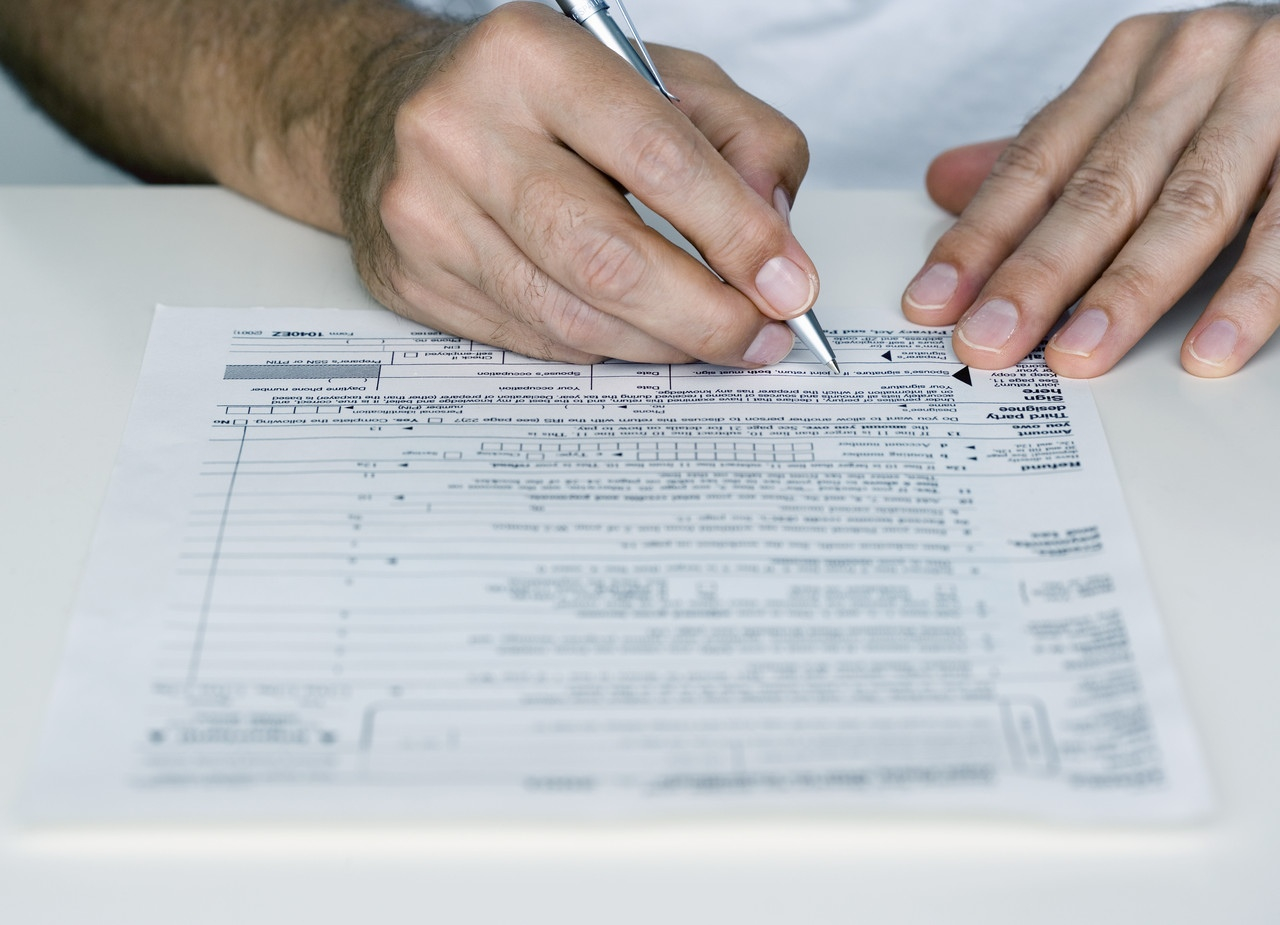Although, for some, the mere thought of budgeting may induce feverish sweats or nightmares involving spreadsheets coming to life and chasing you around the grocery store, it doesn’t have to be like that. In the end, budgets are about building flexibility and freedom by creating awareness around your spending. Budgeting is less about reducing your spending and more about knowing where your money is going.
1. Saving and paying off debt come first
So I was wrong about the whole flexibility component of budgeting with respect to two things: saving and paying off debt. These two items are the foundation of your budget. Whether it takes the form of an emergency fund, retirement, college, or a down payment for a home, decide how much you’d like to save first. Then decide how much you need to put toward paying off debt. You decide how to spend the rest of your money.
2. Give yourself some spending money
All work and no play make budgeting impossible. You need to reward yourself for adhering to your budgeting guidelines. Enter the spending money account. The adult allowance, as I like to call it, is what you get to spend each month, no questions asked. Spending money injects some freedom into a concept (like budgeting) that can feel a little constricting at times.
3. Roll your balances over
Did I mention that the money you don’t spend should get rolled over into next month’s spending money balance? Promoting saving and delaying instant gratification can help you think twice about buying something on impulse. Don’t stop at your spending account though — apply this concept to as many categories as you can. Food, furniture, travel, you name it, anything left over at the end of the month should roll forward to the next month.
4.Reflect
Maybe the hardest tip on this list, reflection will be your opportunity to decide how appropriate your spending habits are. This is where you have to be honest with yourself about the attainability of the goals within your budget. For example, suppose for the third straight month you’ve overspent your food budget by $200. Is your goal unrealistic, or does the barista at Starbucks know your six dollar latte order by heart at this point? Honest feedback will help with the next tip on our list.
5. Adjust
Your budget should be a fluid. Always adjust and refine where your money is going based on the ease with which you meet your goals. Gas prices dropping as beef skyrockets? Reallocate some automobile funds to the food category next month to make things balance. Adjusting your budget month to month is especially important if your are falling short in your budgeting attempts — mostly because if you continue to fail without adjusting, you’ll probably stop trying to budget all together.
Not sure where to get started with budgeting? Drop us a line at getstarted@arkfi.com and we’d be glad get you on the right track.
photo by HA! Designs
- U.S. Stocks Make New Highs - December 6, 2024
- Rising Rates Create Headwinds - November 8, 2024
- The Fed Finally Cuts Rates - October 10, 2024



Leave a Reply